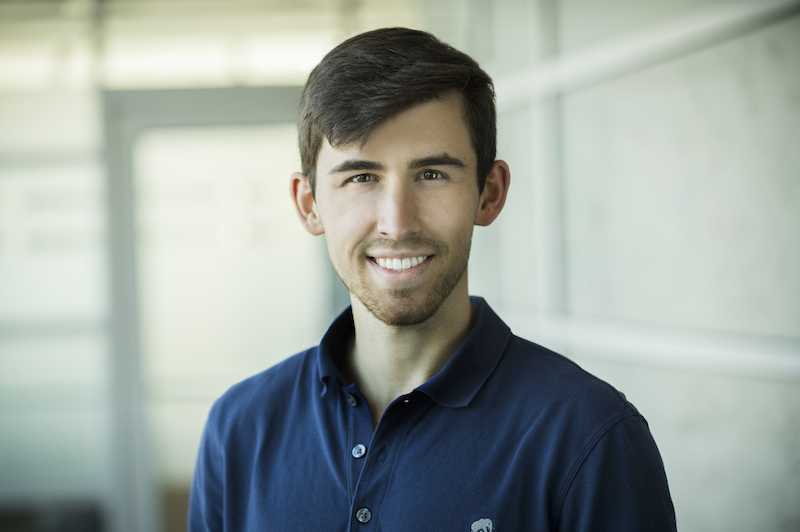Ansel MacLaughlin
PhD Student

Education
- BS in Computer Science, Rhodes College
- BA in Greek and Roman Studies, Rhodes College
About
- Hometown: Kansas City, Kansas
- Field of Study: Natural Language Processing
- PhD Advisor: David Smith
Biography
Ansel MacLaughlin is a PhD student in Northeastern University’s Khoury College of Computer Sciences. He is in the natural language processing program, advised by Professor David Smith. The Kansas City, Missouri native is a graduate of Rhodes College, where he received a BS in Computer Science and a BA in Greek and Roman Studies.
MacLaughlin's research area includes natural language processing and information retrieval, and he is a member of the NULab for Texts, Maps and Networks. He hopes to combine his interests of computer science, linguistics, and ancient languages, and apply them to his research.
What are the specifics of your graduate education (thus far)?
I am finishing my third year of the PhD program.
What are your research interests in a bit more detail? Is your current academic/research path what you always had in mind for yourself, or has it evolved somewhat? If so, how/why?
I came to Northeastern thinking I would be working on digital humanities research, leveraging my bachelor's degrees in CS and Classics, but I soon realized that I am more interested in computational journalism.
What’s one problem you’d like to solve with your research/work?
I am especially interested in the problem of source reconstruction – when writing a news article, journalists may rely on variety of other documents, such as press releases, interview transcripts and other news articles, both for general inspiration and as sources from which they may paraphrase or quote material. Inferring how journalists excerpt and modify these documents is difficult, however, since some documents are often never published and the relationships between documents are unknown. However, when multiple articles share many of the same sources, such as a group of news articles written about the same scientific article, we may be able to leverage similarities between clustered articles to infer their shared sources and thus examine how different news outlets cover the same source material in different ways.
What aspect of what you do is most interesting/fascinating to you? What aspects of your research (findings, angles, problems you’re solving) might surprise others?
Journalists act as the gatekeepers to all sorts of information, controlling what reaches the public eye and how it is presented. So, modeling the processes by which they select stories and create content seems quite important.
What are your research/career goals, going forward?
I am undecided as of right now whether I'd like to go into academia or industry.
Where did you grow up/spend the most defining years of your childhood/young adulthood?
Kansas City.